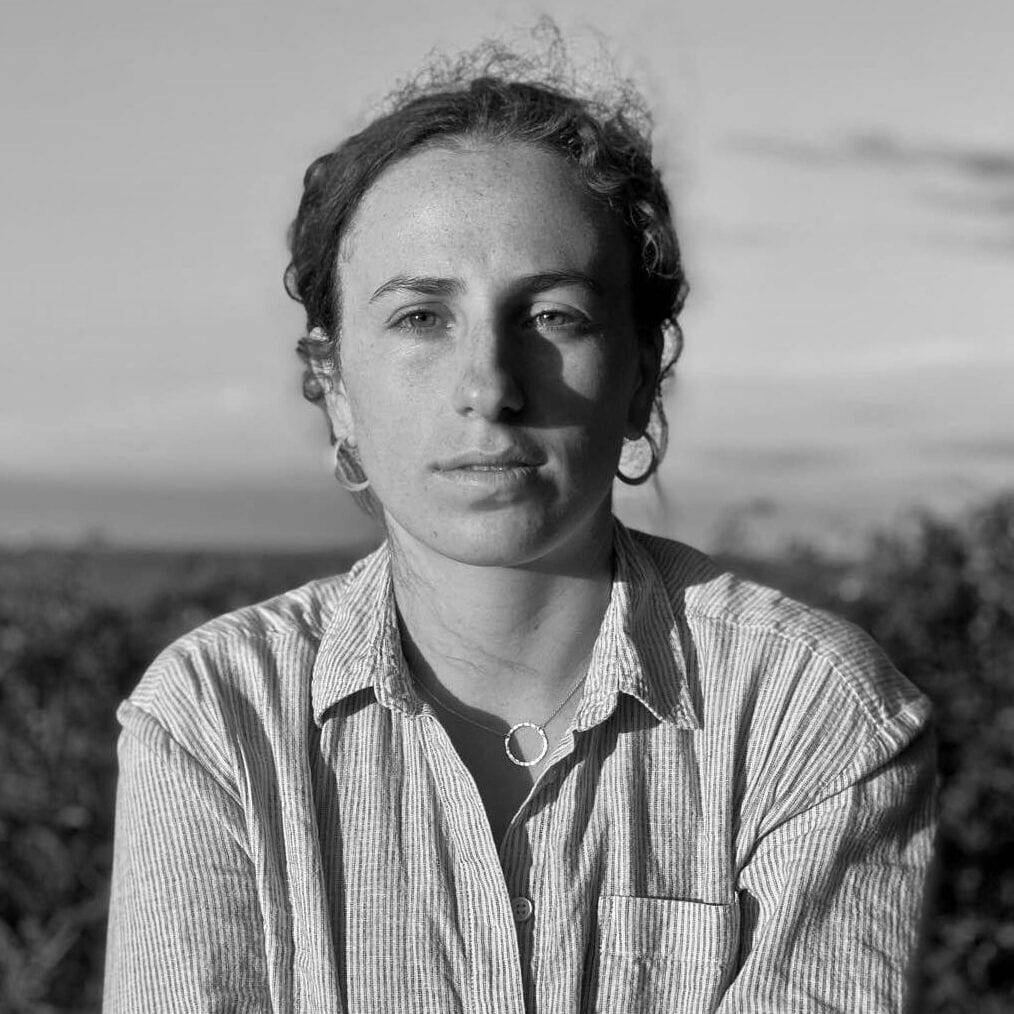Fans have heaped praise on Little Mix’s Jade Thirlwall after she revealed her desire to reconnect with her Egyptian-Yemeni heritage during an interview with Vogue Arabia.
Thirlwall, 27, told the fashion magazine she had “supressed” her Arab identity when she shot to fame as part of girl group Little Mix in 2011, because she “wasn’t proud” of her heritage.
“All of a sudden I was thrown into the limelight [with Little Mix], and people didn’t know what I was, so I went along with it. I had suppressed who I was because I wasn’t proud,” Thirlwall said.
I had been bullied into thinking I should be ashamed of my identity, so I didn’t talk enough about my heritage in interviews. It makes me sad to think about it now.
Twitter users were quick to praise Thirlwall for her frank honesty, drawing parallels between the singer suppressing her identity and their own experiences of not “fitting in to a ‘group’”.
Reading this made my cry 🥺 as a mixed-race person (Native Hawaiian and East Asian), I identify with Jade not fitting in to a “group”, which made her suppress her identity. She’s such an inspiration for all POC and I hope you all check this out: https://t.co/I16M0fgbfO
— duck (@mixbiggest) September 10, 2020
Other users said the Little Mix singer was an “inspiration [to] all Middle Eastern girls around the world” and had made them proud of their own heritage.
https://twitter.com/GrandeAdore_/status/1304606786977247233
Thirlwall, who was brought up in Laygate, South Shields, also told Vogue Arabia she “experienced microaggressions” as a result of her skin tone and heritage through secondary school which had caused her to express her identity.
“If you weren’t evidently black or white, you were put in this big bowl of one ‘other’ thing,” Thirlwall said.
“I used to get called the P-word, which I don’t understand as I’m not Pakistani. I was also called half-caste,” the Little Mix singer explained, “during one incident someone pinned me down in the toilets and put a bindi spot on my forehead”, in reference to the red dot worn on the forehead, most commonly to represent a married woman in Hinduism.
Despite facing racism, however, Thirlwall told the fashion magazine she had positive memories of her Islamic heritage through her grandfather, who was a devout Muslim that came to England from Yemen in 1943.
READ: Egypt TV presenter Radwa El-Sherbiny under investigation for hijab comments
He would regale relatives with stories about his trips to Makkah and regularly cook Arab food, according to Thirlwall, who recalls particularly fond memories from Eid.
“I remember him fasting for Ramadan, and during Eid I would wait for him outside the mosque and say Eid Mubarak to his friends as they came out, and they would gift me a pound coin,” Thirlwall said.
Twitter users also praised Thirlwall for her openness about religion, with one user writing that young Muslim girls and boys would now feel more able to “embrace their religion/heritage”.
“As a MENA muslim girl, [thank you so much],” the user added.
This is one of her best interviews. She’s opening about her struggles to accept her identity, racism and bullying. Because of that itv, a lot of MENA girls/boys and fans can now feel accepted and can now embrace their religion/heritage. As a MENA muslim girl, ty sm @LittleMix
— dorsaf (@kageyazi) September 10, 2020
Others said they felt connected to the Little Mix singer over her Islamic background.
As an Arab who immediately connected to Jade in 2011, I have so much more of a connection with her as she opened up. Especially about her Grandad’s Islamic background. So proud of you @LittleMix and thank you for sharing your story. @normathirlwall https://t.co/jZru7Hpj8f
— ♡ (@LittleMixCrews) September 10, 2020
Speaking to Vogue Arabia, Thirlwall said she now plans on making up for “lost time” by rekindling a connection with her Arab heritage alongside her mother, Norma.
The singer said she plans to read about events in the Middle East; become more aware of crises in the region; and restart studying Arabic.
Some social media users praised the Little Mix singer’s decision to learn Arabic, saying the choice showed Thirlwall was proud of her Arab heritage.
https://twitter.com/Leighswarriors/status/1304005965688209409
Meanwhile, others voiced their support for Thirlwall saying they were pleased the singer was becoming more confident in her identity, terming her a “force for good”.
I'm so glad that Jade is feeling more confident and embracing her heritage so proudly. 💖 She's a kind soul, a beautiful singer and a wonderful force for good in the world. 💖 Just wanted to send a message of support to Jade and her mother, because they're both fabulous. 💖
— Vicki Wistow 🌈∞ (@VickiWistow) September 10, 2020
Others called for more interviews with Thirlwall on her Arab heritage, asking for the Little Mix singer to embrace fashion trends from the Middle East.
a concept: @VogueArabia interviewing and doing more magazine photo shoots with Jade Thirlwall where she is styled in fashion to embrace Arab/Middle Eastern culture. Please make it happen!
— mourning era 🪦 (@barchietrauma) September 12, 2020
Vogue Arabia’s Instagram page, which posted images from a shoot with Thirlwall and her mother, was also flooded with messages of support in both Arabic and English.








